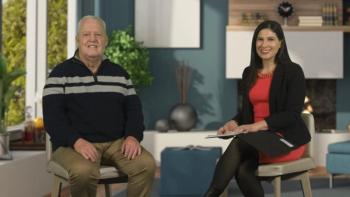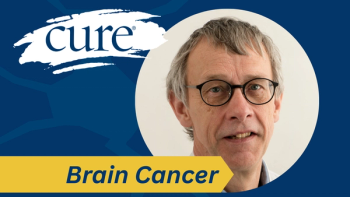
I Am Failing At Worry
I have gotten exceptionally good at worrying about things that never end up happening. I'd say I am failing at worry.
I think I am a very good worrier. I almost consider it a favorite past time. I mean, I can spend an entire day worrying.
What do I worry about, you ask? Oh, I can come up with all kinds of fun things. Let me skip the cancer worries for a second and give a list of the non-cancer worries I have, just to put how much I worry into perspective. If I get new kitty litter and it has a different smell, I'll worry all day that my cats will use everything BUT the litter box. Of course, I come home after work to find everything in order. I'll worry all day that I forgot to turn off the stove. Fun fact—I never even used it that morning. I'll worry non-stop that something terrible has happened to a family member because they didn't text me back immediately. Turns out they were in a meeting unable to immediately text me back about my very important question regarding dinner the next night. And it goes on and on. I said I was good at worrying, but it's clear I fail at what I tend to worry about!
Let's bring in a cancer diagnosis and I can take this worry topic to a whole new level. After my breast cancer diagnosis, eight years ago when I was 32 years old, I once again brought worry to a whole new level. I worried that maybe the tests were wrong and my cancer was misdiagnosed. Most people would think that would mean there wasn't cancer at all and the tumor was in fact, benign. Not me. I assumed it was much, much worse and my doctors just missed the cancer that had to be everywhere. I then worried that the chemo couldn't be working because although almost all the hair on my head was gone, there were a few wisps that never fell out, so that must mean the chemo didn't take in my body.
I worried and worried and worried. And then I worried some more. As I progressed through survivorship, the worries of the cancer treatment not working turned into worries that my cancer had to be back, lurking somewhere in my body that nobody was seeing. So, I took it upon myself to thoroughly check my body daily to make sure nothing stood out as worrisome.
I took this to a level so extreme it started affecting my life. I had a bilateral mastectomy so there was almost no breast tissue left. That didn't stop me from digging around my armpits, all around the breast implants, my neck, chest, collarbone, etc. I would rub my skin raw looking for enlarged lymph nodes, lumps, bumps or any abnormality that could be lurking. Did I forget to mention that I don't have a medical degree? I am not qualified at all to diagnose cancer in my body. However, I had the mentality that ONLY I could find anything if there was something wrong.
The worry grew to a level that negatively impacted my life. I was almost unable to function. It's very unhealthy and very distressing to live at this level of worry. And most importantly, you don't get to live that life you fought so hard to keep.
I finally recognized this fact and started getting help from a professional. I learned some coping techniques that help me through my worry triggers, ground me and keep me calm. It's taken a lot of time and practice for me but the worry, although not gone, has greatly subsided.
I came across a quote that summed up perfectly how I have failed at worry.
"My life is full of terrible misfortunes; most of which have never happened." -Michel De Montaigne.
I love this quote because it rings true. This is why I think I am failing at worry. Almost everything I worry about never happens. So, why do I constantly allow my thoughts to be confirmed with worry? I'm learning to slowly replace those worry thoughts with thoughts of joy. Little by little the worry subsides. I am actually getting good at this whole idea of “not everything turns out to be all that bad”.




